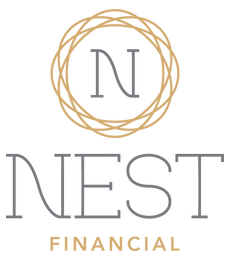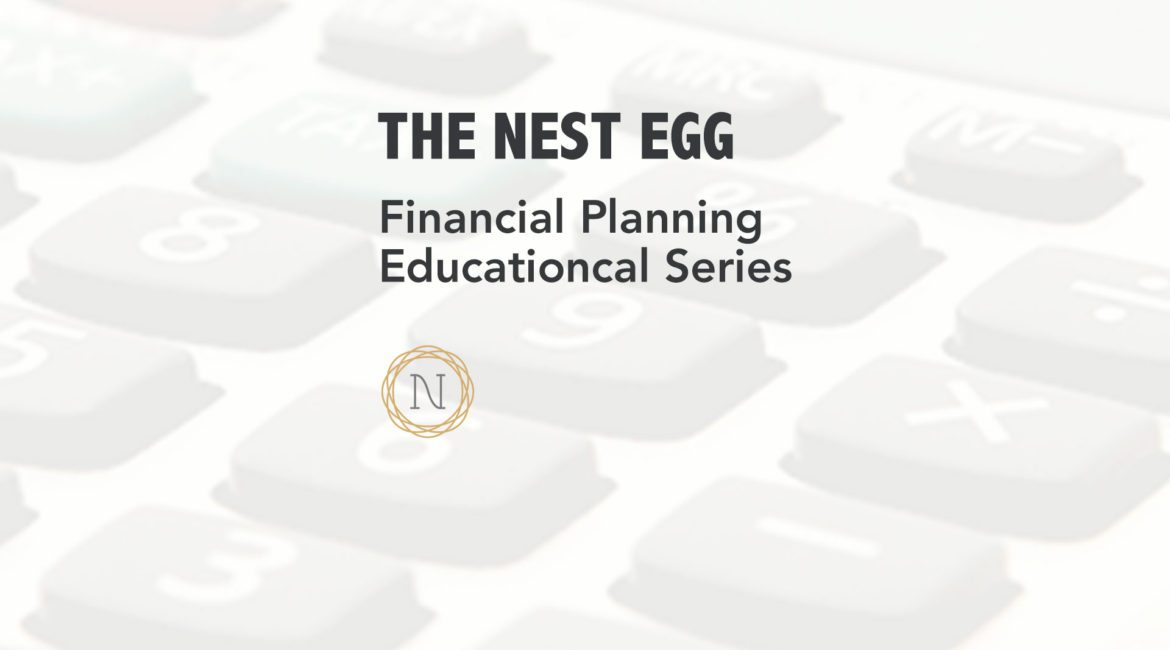Gloria Park and Dan Dillard briefly discuss the purpose and various types of insurance. Dan gives his take on the topic with 20+ years on insurance planning under his belt. The following content is from our NEST Egg webinar for education purposes only and is NOT considered investment advice.
Gloria: Life insurance can be a confusing topic since there are so many types. It’s very common for people to even be uncertain on it’s purpose. But fear not, in this segment we’ll go over the purpose of insurance, the various types and common questions around it.
Overall, insurance is used to protect our assets, finances and loved ones. But what is it really used for? Why would a person need it?
Dan: Do we need it? This answer is “maybe”. Life insurance is a contract with an insurance company where they promise to pay a death benefit when the insured passes. What that benefit is used for is where the planning comes in. The origin of insurance began many centuries ago. When farmers would transport their crops on a boat, there was a risk for all of their crops being destroyed. To potentially decrease the large risk of loss, farmers would spread their crops over, for example, 10 boats so that if something was to happen to one boat then only 10% of their crops would be lost as opposed to all of it.
Fast forward to today, why do people need insurance? When we look at clients, we typically look at where they are at in the life stage cycle. For example, for young clients, they may have high liabilities, young children and low assets. If one spouse was to pass away, there would be only one wage earner (or none if the breadwinner passed) to provide for the children, pay off debt and cover living expenses. In this case, a life insurance death benefit would help the family and make it easier for them to continue their lifestyle and plan without being financially burdened.
Overtime as assets are built and liabilities are reduced, the need for insurance potentially goes down. However, there are other reasons for life insurance beyond protection for a household.
Gloria: What are other scenarios for needing life insurance?
Dan: Business protection: Life insurance can be used to cover a loan you’ve taken on your business. If you are the main driver of the business, the bank can own a policy on your life in case you were to pass unexpectedly. This could also apply to cover the owner of a home mortgage.
Another scenario would be to cover your estate. There are two things for certain in life: death and taxes. If the estate is large enough, it could be taxes up to 50% of the asset value which decreases the amount left to heirs. Life insurance can be bought to cover estate taxes.
Gloria: Before we move any further, can you touch on the different types of insurance?
Dan: Sure. There are two main types and I like to designate one as “renting” and the other as “owning” a policy. The “renting” term should not be confused with renter’s insurance. Renter’s insurance is used to protect property in a home and not your life. I used these terms for illustration purposes only, they are not official anywhere.
What I like to call “Renting” insurance is what is known as term insurance where life insurance coverage is set for a period of time (1, 5, 20 years, etc.). It’s very inexpensive to buy term insurance because less than 1% of term insurance pays out. The time frame usually runs out before the policy pays out. This type of policy is good for young couples who need coverage for a certain period.
“Owning” insurance is the other type of policy where it lasts for a person’s life expectancy or beyond such as to age 100 or 120. This type of policy is known as Universal life or whole life insurance. In essence, these comprise two components – the premium/cost of insurance and cash value (like a savings account). These are high level descriptions and these policies can be designed to meet various needs.
Gloria: Some people have life insurance provided by their employer. How do they know if they have sufficient coverage?
Dan: Employer benefits should be considered separately from your normal need. A person will typically change jobs about six times in their lifetime. There were certain things done a long time ago and we as a society have chosen to keep that pattern such as tying many of our benefits to our job. As society has evolved and we are moving around more, it’s not a good idea to only rely on life insurance with your job. If a client has a need for a $500,000 policy, I would recommend that they get their own policy. When you leave the employer the policy stays behind. The danger of relying only on employer provided insurance is that the longer you wait to buy a policy, for example switching jobs 10 years down the road, your employer may not provide the benefit and your health status could change and therefore, be more expensive down the road.
The death benefit for a workplace policy would be about one or two times your salary which frankly is not enough for adequate coverage. Also, accidental death insurance should not be counted toward your insurance needs.
Gloria: Is there anything else you think would be beneficial for our audience to know?
Dan: Yes, I want to briefly talk about the difference between long-term care insurance and disability insurance. Oftentimes, people think they are the same but they’re not. Disability insurance (which is not workman’s comp) kicks in when you become disabled for a short or long term. This type of policy would replace a portion of your wages for a set period of time. Long-term care is completely different. It covers you when you can no longer care for yourself during an elderly age. One of the biggest expenses in retirement can be long-term care which can cost about $5,000 per month in today’s dollars.
The final tip on insurance planning is using life insurance to fund retirement that is tax-free. This type of strategy requires specific planning and design for a client’s needs.
If this is something that interests you, feel free to reach out to us.
Disclaimer: These webinars are for educational purposes only. The presented information is not investment advice and could change from the time of being presented. To obtain investment advice on your unique situation, questions or goals, please contact info@nestfinancial.net to schedule a chat.

